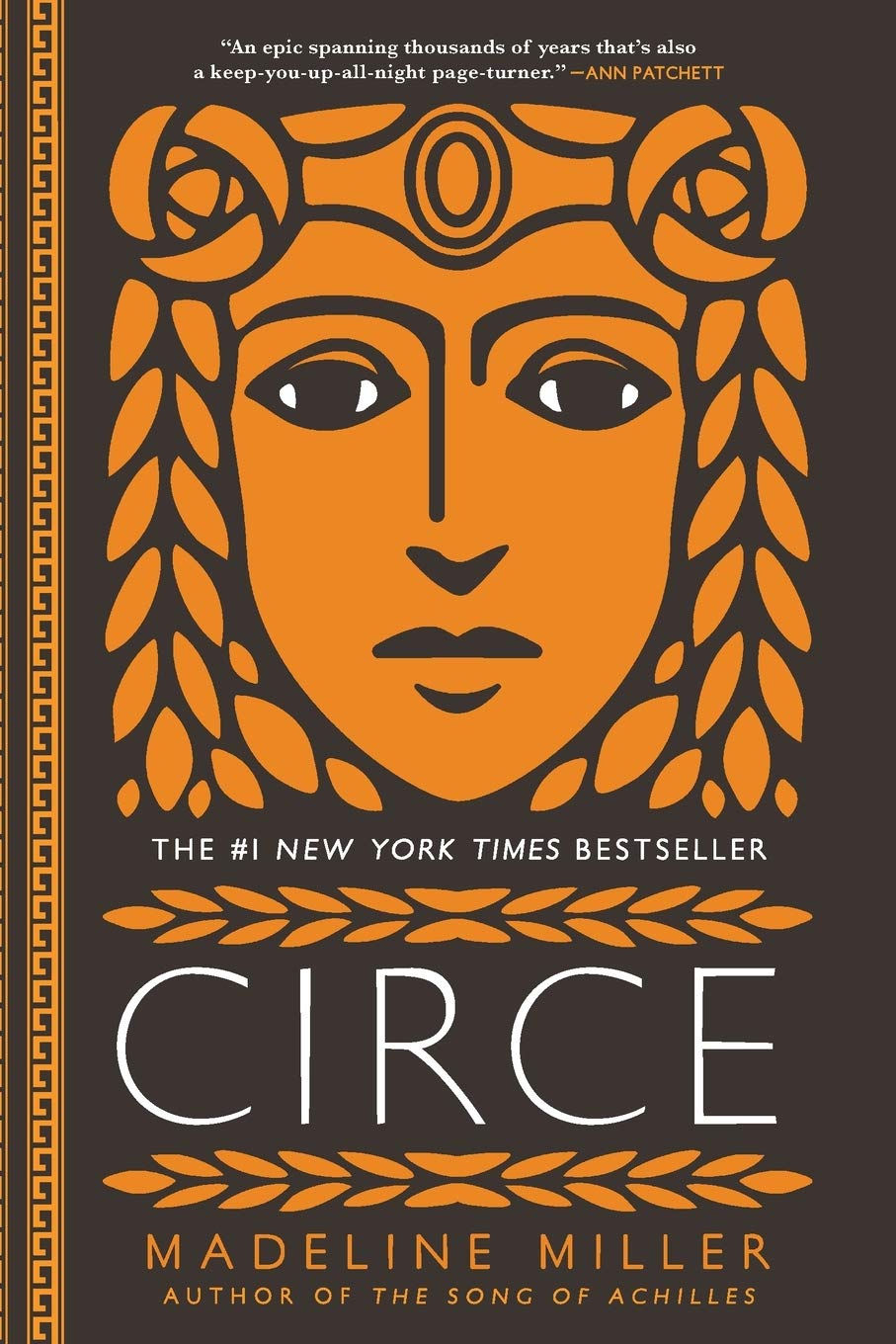
The sorceress Circe in ancient times was not honored with a large independent myth: once she is mentioned in the story of the Argonauts, where she helps their leader Jason to be cleansed of filth, and then flashes in an episode of the Odyssey - for bad behavior she turns the hero’s companions into pigs, but after, enchanted by Odysseus, returns them to human form. Circe by Madeleine Miller (the Russian reader knows the writer from the lyrical Song of Achilles, which came out with us last year) is an attempt to reconstruct the fate of this professional heroine of the second plan by weaving colored threads borrowed from others into the meager biographical canvas that we have inherited. more marginal characters of Greek mythology, or simply synthesized by the author himself.
Madeline Miller was born in Boston and grew up in New York City and Philadelphia. She attended Brown University, where she earned her BA and MA in Classics. For the last ten years she has been teaching and tutoring Latin, Greek and Shakespeare to high school students. She has also studied at the University of Chicago’s Committee on Social Thought, and in the Dramaturgy department at Yale School of Drama, where she focused on the adaptation of classical texts to modern forms. She currently lives in Cambridge, MA, where she teaches and writes. The Song of Achilles is her first novel.
If as a child you read the “Tales of the Titans” by the great Russian mythologist and visionary Yakov Golosovker, and then were fond of the Achaean cycle of Henry Lion Oldie, then this technique will not seem completely new to you. In essence, relying on what we have, Miller restores what could only be, while striving to maintain unconditional fidelity not to the letter, but to the spirit of ancient legends. And the main guideline in this matter is a kind of historical empathy, which allows the author, if not to become an ancient Greek, then at least to try on his logic and way of thinking. It is no coincidence, by the way, that the philologist Sergei Averintsev, being, according to legend, asked about the plausibility of Golosovker's inspired mythological reconstructions, answered in the spirit that Golosovker himself, in a sense, is a bearer of the tradition and knows better.
The daughter of Helios and a sea nymph, the immortal Circe grows up in the palace of her grandfather, the great titan of the Ocean, and her life from the very beginning is dull and joyless: by nature she is endowed with a voice that is dissonant and weak, like that of mortals, and her appearance, by human standards impeccable, from the point of view of other gods does not withstand any criticism. All this makes Circe an outcast among her own kind. One day she becomes a witness to the punishment of Prometheus, who stole from the gods and gave fire to mortals, and understands that, perhaps, in communication with people she can be happier than among her blood relatives of nymphs, gods and titans.
However, Circe's first love, a poor sailor named Glaucus, turns out to be unworthy of her feelings: having become an immortal and powerful god with the help of a witch's potion prepared by the young goddess, he immediately forgets about the one to whom he owes his wondrous transformation. Moreover, Glaucus prefers another to her - the empty-headed and pretty Scylla, whom the enraged heroine inadvertently turns into a monster. From that moment on, it becomes clear to both the gods and Circe herself that from birth the girl was granted a rare and precious ability to witchcraft. In order to protect themselves from this dangerous power, the gods exile Circe to a secluded island, but the punishment turns into an unexpected boon: it is here that the heroine for the first time in her life finds a home, and the meaning of life, and love, and the joy of motherhood and, most importantly, awareness of her own destiny. .
With historical empathy, everything is fine with Miller, so, using Averintsev’s formulation, she, like Yakov Golosovker, in general, knows better: the reconstructed myth of Circe comes out quite coherent and convincing in her. Yes, there was no such thing, but in the logic of the ancient Greek cultural space, it could well have had the right to exist.
However, a good myth is by no means always the same as a good book—worse, it often has the unpleasant property of resisting literaryization. This is roughly what happens with Madeleine Miller's Circe: assembled from fragments and held together by the author's imagination, Circe remains a set of disparate episodes - certainly very bright and spectacular, but in no way adding up to a coherent picture. And the spiritual evolution of the heroine - namely, she, it seems, is the most important thing for the author - also does not look at all consistent. In each subsequent episode, Circe appears before us a slightly different person, and the gaps between these stages are not filled in any way - in general, this does not contradict the inconsistent and contradictory logic of the myth, but does not fit well with the reader's expectations from the novel. As a result, instead of a complete story, we get a set of pieces slightly larger than the one we had at our disposal initially. Not a magnificent finished amphora, but a scattering of beautiful shards.
This article was sponsored by Kristin Fitzgerald
Comments